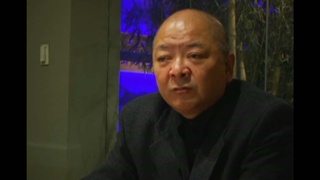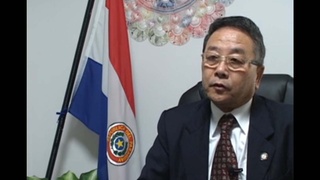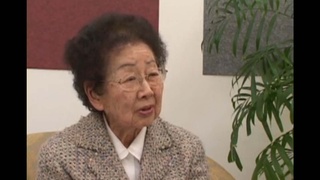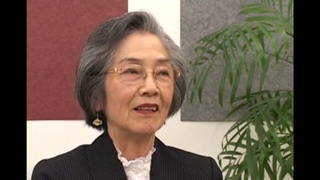Interviews
Returning to Maui during baseball off-seasons to remind himself of the hard work required to succeed
After the season's over I'd be winning the batting title. I come to Honolulu, I catch the next plane, I'll go to Maui and see the old house that I used to live, or the cane field when I was 12, 14 years old where I used to cut grass and all that. Just to go see that place because, see, I didn't want to forget those things because I saw how my father used to work before and that gave me something that when I go back to Japan I could try harder. [It] give me a good incentive to be a much better ball player. So, you know, sometimes ball players, they do well, they make good money. They forget about how they suffered when they were kids. But, all my life, even today, even I'm retired, but I never forgot that.
Date: December 16, 2003
Location: Hawai'i, US
Interviewer: Art Hansen, John Esaki
Contributed by: Watase Media Arts Center, Japanese American National Museum.
Explore More Videos

Thoughts on Japan (Japanese)
(b. 1962) Japanese restaurant owner and chef in Peru


Being Nikkei: A Double Responsibility (Spanish)
(1958-2014) Former Bolivian Ambassador to Japan

The Impact of Technology in Japan (Spanish)
(1958-2014) Former Bolivian Ambassador to Japan


The Secret to Youth (Japanese)
(b.1908) Daugther of the first publisher of the Rafu Shimpo


Interest in Japan stemmed from his mother and grandmother’s stories
(b. 1981) Enka Singer


Dreamed of becoming an Enka singer
(b. 1981) Enka Singer

His clothes are part of his identity
(b. 1981) Enka Singer

Hopes everyone pursues their dreams regardless of race or heritage
(b. 1981) Enka Singer

Considers Pittsburg his home, but always wanted to live in Japan
(b. 1981) Enka Singer


The first concert in the United States (Japanese)
(b. 1981) Enka Singer
